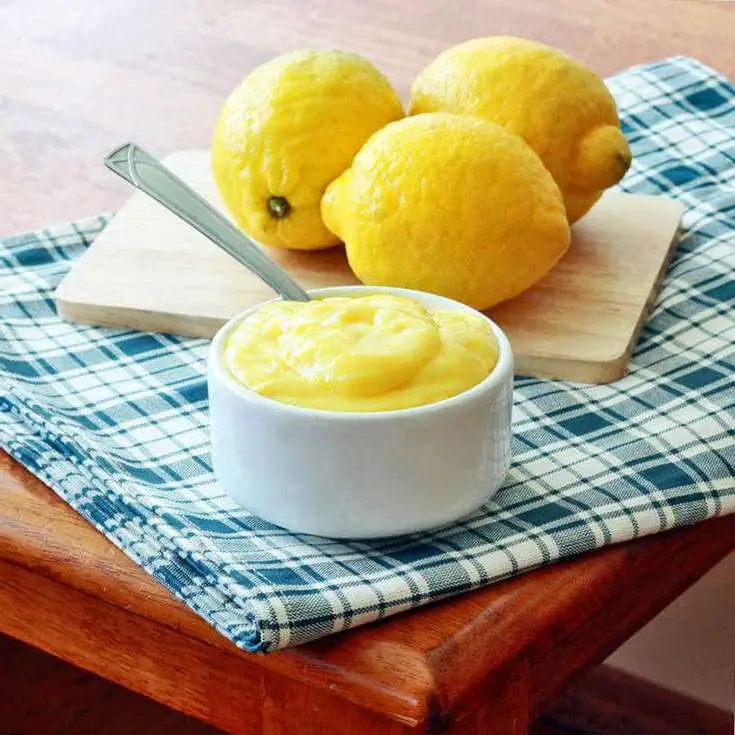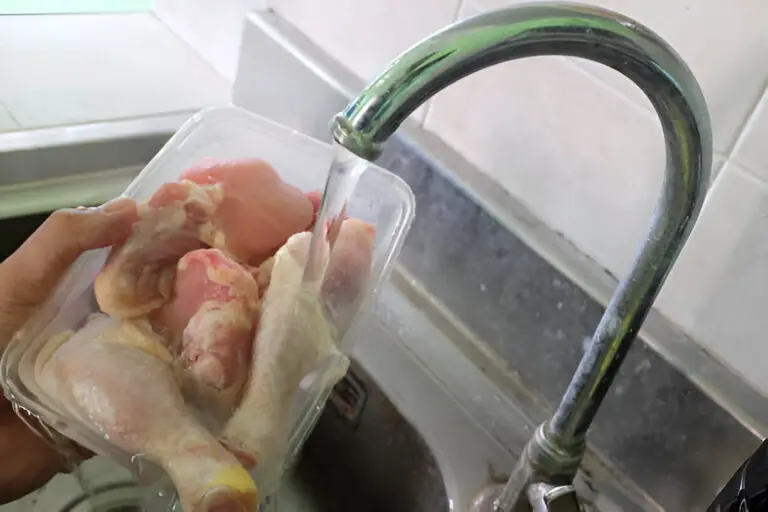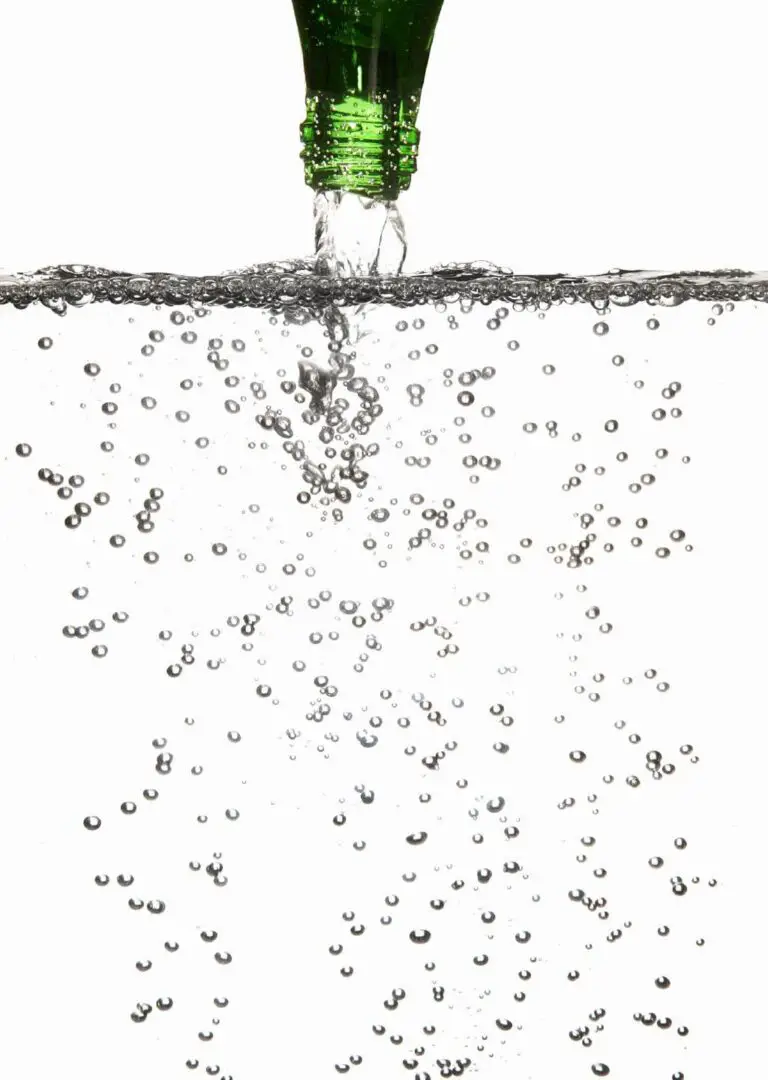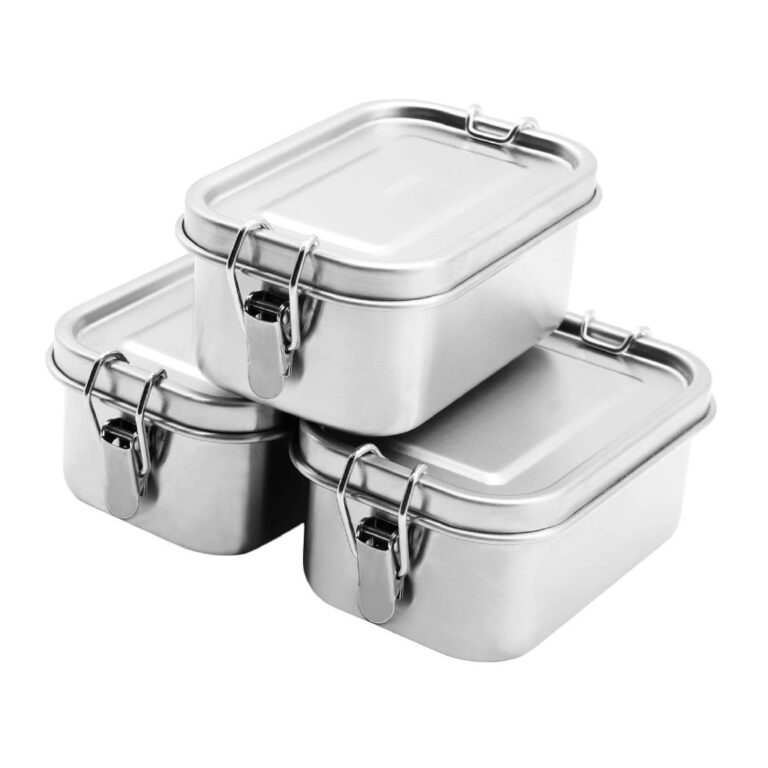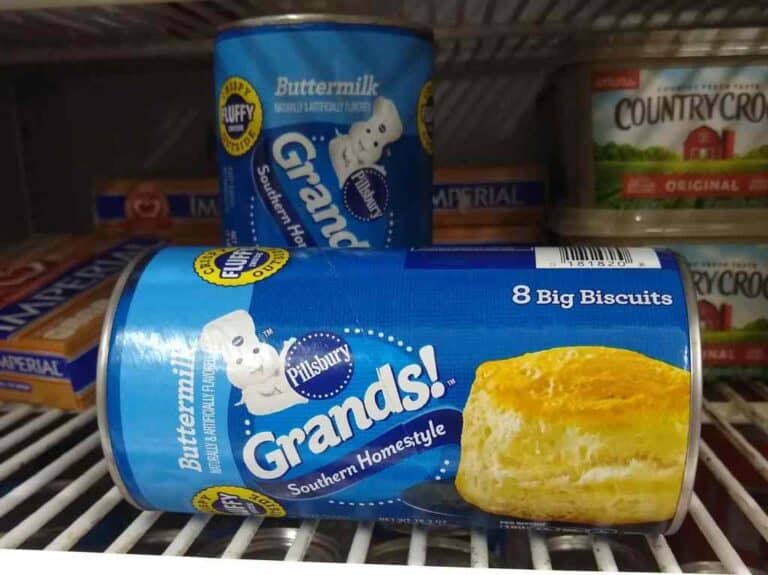Can You Eat Unopened Expired Peanut Butter (or Past Use-by Date)?
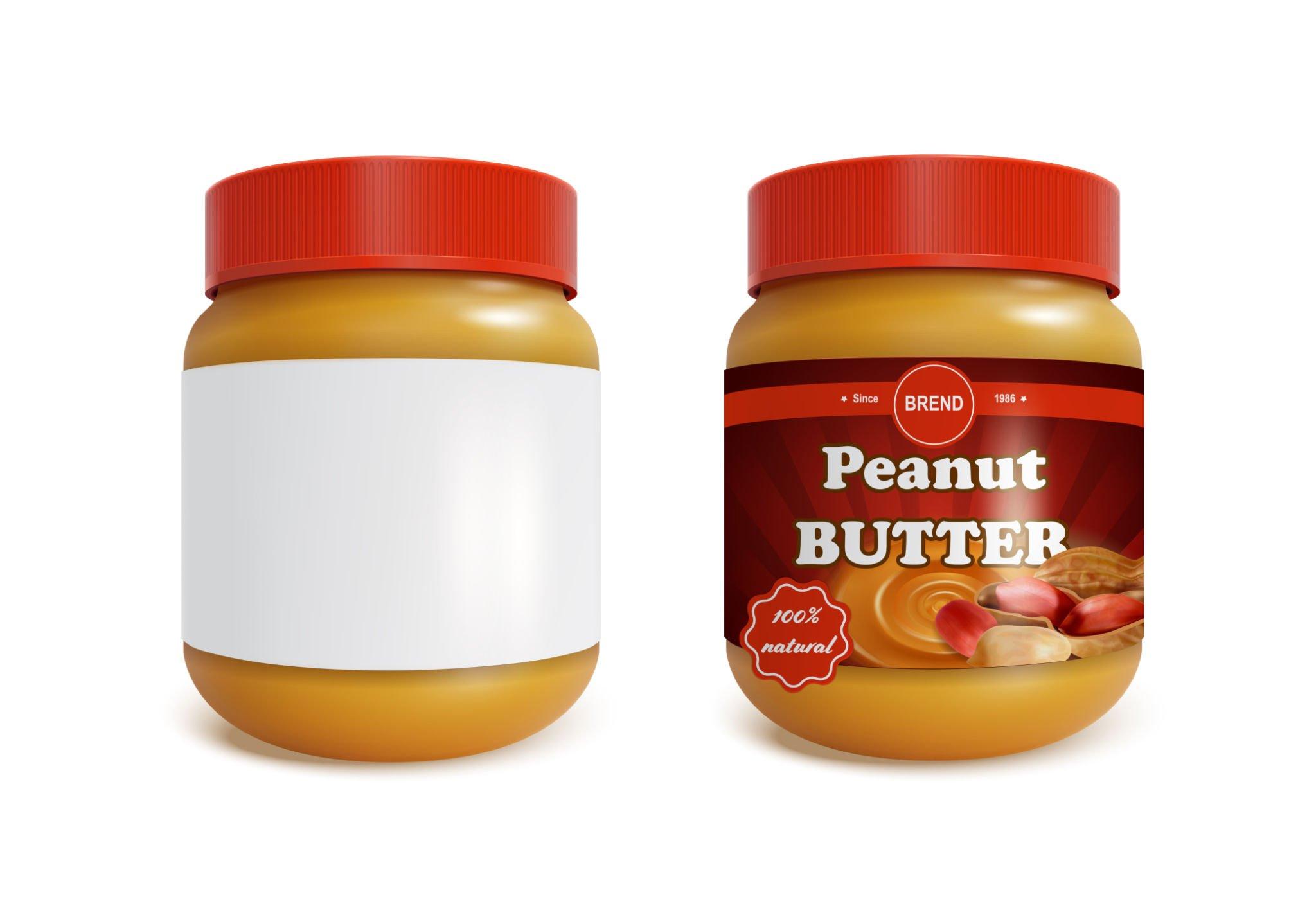
Ever found yourself standing in your kitchen, eyeing a pristine jar of peanut butter with a use-by date that seems like ancient history? Trust me; I’ve been there. The unopened jar stares back at you, and the dilemma kicks in: Can you eat unopened, expired peanut butter?
Technically, unopened peanut butter can be eaten after its expiration date, but it depends on the condition and the content.
As we delve into the world of culinary wonders, this query becomes more than a casual pondering—it’s an exploration of food safety, flavor evolution, and the fine line between thriftiness and risk.
So, grab a spoon, and let’s navigate the peanut butter labyrinth to unravel the truth about consuming the unopened, the expired, and the intriguing realm beyond the use-by date.
Peanut Butter: Ingredients and Production Process
A common ingredient in countless kitchens is peanut butter, a creamy or crunchy spread that many people adore. But have you ever wondered what goes into making this beloved treat? Let’s take a closer look at the ingredients and the fascinating production process behind peanut butter.
Ingredients:
Peanut butter is a simple concoction, typically consisting of just two main ingredients: peanuts and salt. Some varieties may include additional ingredients like sugar, oil, or emulsifiers for flavor and texture. The star of the show, of course, is the humble peanut. These legumes are roasted to perfection, releasing their natural oils and imparting that distinctive nutty flavor.
Production Process:
The journey from peanuts to peanut butter involves a series of carefully orchestrated steps. Here’s a glimpse into the production process:
- Roasting: The peanuts are roasted to enhance their flavor. This step also helps in the removal of excess moisture.
- Grinding: The roasted peanuts are ground to form a thick, coarse paste. The grinding process may vary, resulting in either smooth or chunky peanut butter.
- Additives: Salt is commonly added for flavor, and some variations may include sugar or oil for additional taste and consistency.
- Packaging: The final product is then packaged into jars or other containers, ready to be shipped to store shelves.
Now that we have a better understanding of how peanut butter is made, let’s delve into the intriguing world of expiration dates and shelf life.
Understanding Peanut Butter Expiration and Shelf Life

Peanut butter, like many other food items, comes stamped with an expiration date. But what does this date really mean, and for how long can you safely enjoy your jar of peanut butter?
Expiration Dates:
The manufacturer has set a guideline for the expiration date on your peanut butter jar. It indicates the period during which the product is expected to remain at its peak quality in terms of flavor, texture, and nutritional content. However, it’s essential to note that this date is not a strict deadline.
Shelf Life:
Peanut butter, when stored properly, has an impressive shelf life. The high oil content in peanuts acts as a natural preservative, preventing the growth of harmful bacteria. Unopened peanut butter can last well beyond its printed expiration date.
Here’s a general guide to the shelf life of different types of peanut butter:
- Unopened Peanut Butter: Can last up to a year or more past the expiration date.
- Opened Peanut Butter: While the oils may separate over time, stirring the peanut butter can restore its original consistency. Opened jars typically remain good for three to four months.
- Natural Peanut Butter: Due to the absence of preservatives, natural peanut butter has a shorter shelf life. It’s advisable to consume it within three months of opening.
Now, let’s address the burning question: Can you eat unopened, expired peanut butter?
Can You Eat Unopened, Expired Peanut Butter?
The short answer is yes, but with a few considerations. While the expiration date provides a general guideline for optimal quality, it doesn’t necessarily mean that the peanut butter becomes unsafe to eat immediately after that date.
Factors to Consider:
- Storage Conditions: Proper storage is crucial. If the unopened peanut butter has been stored in a cool, dry place away from direct sunlight, it’s likely still safe to consume.
- Jar Integrity: Check the jar for any signs of damage, such as bulging or leakage. A compromised seal can lead to contamination and spoilage.
- Smell and Appearance: Give the peanut butter a good sniff. If it smells rancid or has an off-putting odor, it’s best to discard it. Additionally, visually inspect the peanut butter for any discoloration or mold growth.
- Taste Test: If everything seems normal so far, take a small taste. If the flavor is off or if there’s a noticeable change in taste, it’s a sign that the peanut butter may have gone bad.
Table: Quick Reference Guide
| Type of Peanut Butter | Unopened Shelf Life | Opened Shelf Life |
| Regular Peanut Butter | Up to 1 year past expiration date | 3-4 months |
| Natural Peanut Butter | Up to 1 year past expiration date | Consume within 3 months of opening |
Safety Concerns and Health Risks
Can you eat unopened, expired peanut butter without putting your health at risk? Let’s explore the safety concerns and health risks associated with indulging in peanut butter that has passed its use-by date.
Safety Concerns:
1. Microbial Growth: One of the primary safety concerns with expired peanut butter is the potential for microbial growth. Over time, especially if the jar has been opened, bacteria and mold may find their way into the spread, leading to spoilage.
2. Rancidity: The high oil content in peanut butter makes it susceptible to rancidity. When the oils in the peanuts oxidize, the result is a stale and off-putting flavor. Consuming rancid peanut butter may not pose an immediate health risk, but it can certainly ruin the taste.
3. Aflatoxins: Peanuts, the main ingredient in peanut butter, are susceptible to contamination by aflatoxins—a type of toxin produced by certain molds. While rigorous quality control measures are in place during the production of commercial peanut butter, prolonged storage could potentially increase the risk of aflatoxin formation.
Health Risks:
1. Digestive Discomfort: Eating expired peanut butter may lead to digestive discomfort, including nausea, stomach cramps, and diarrhea. This is especially true if the product has been contaminated with harmful bacteria.
2. Allergic Reactions: Individuals with peanut allergies should exercise extreme caution with expired peanut butter. The aging process might alter the protein structure, triggering allergic reactions in sensitive individuals.
3. Aflatoxin Exposure: In rare cases, consumption of peanut products contaminated with aflatoxins can lead to long-term health issues, including liver damage. While the risk is minimal in commercially produced peanut butter, it’s essential to be aware of potential hazards.
Extending Peanut Butter Lifespan
Now that we’ve discussed the safety concerns and health risks, let’s explore ways to extend the lifespan of your peanut butter and ensure it remains a safe and delicious addition to your pantry.
1. Proper Storage:
- Store unopened peanut butter in a cool, dry place, away from direct sunlight. This helps prevent the breakdown of oils and the development of off-flavors.
- Once opened, keep the jar tightly sealed to minimize exposure to air and moisture, both of which can accelerate spoilage.
2. Refrigeration:
- While not strictly necessary, refrigerating peanut butter can slow down the oxidation process and extend its shelf life. However, refrigeration may cause the spread to harden, so bring it back to room temperature before use.
3. Avoid Double Dipping:
- To prevent contamination, use a clean utensil each time you scoop out peanut butter. Avoid double-dipping, especially if the utensil has touched other food items.
4. Check for Signs of Spoilage:
- Regularly inspect the peanut butter for any signs of spoilage, such as an off odor, unusual color changes, or the presence of mold. If anything seems amiss, err on the side of caution and discard the product.
Conclusion
In conclusion, the decision to eat unopened, expired peanut butter involves weighing the potential safety concerns and health risks. While it’s generally safe to consume peanut butter past its use-by date if stored properly, it’s crucial to remain vigilant and trust your senses.
Extending the lifespan of your peanut butter is not only a matter of safety but also a way to ensure that this pantry staple remains a delightful addition to your meals and snacks. By following proper storage practices and being mindful of signs of spoilage, you can enjoy your peanut butter without compromising your health or taste buds.
Remember, when in doubt, it’s always safer to discard the product. Your health is worth more than a jar of peanut butter, and with a little care, you can continue to savor this beloved spread without any worries.
FAQs on Shelf Life of Unopened Peanut Butter
Can you eat peanut butter after the expiration date?
Yes, you can eat peanut butter after the expiration date, but check for signs of spoilage such as an off smell, mold, or unusual texture before consuming.
How can you tell if peanut butter has gone bad?
Spoiled peanut butter may exhibit mold growth, off odors, or a rancid taste. Check for these signs, especially if the product is past its expiration date.
What happens if you consume expired peanut butter?
Consuming expired peanut butter may lead to foodborne illness due to bacterial contamination. It’s safer to discard it if signs of spoilage are present.
What is the difference between “use by” and “best by” dates on peanut butter?
“Use by” indicates the recommended date for peak quality, while “best by” suggests optimal flavor. Both are not strict expiration dates, but guidelines for quality.
Can I consume peanut butter that is slightly discolored but within the expiration date?
Slight discoloration in peanut butter is usually harmless. However, if it smells off or has an unusual texture, it’s best to discard it.

